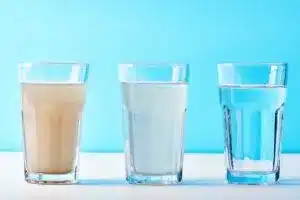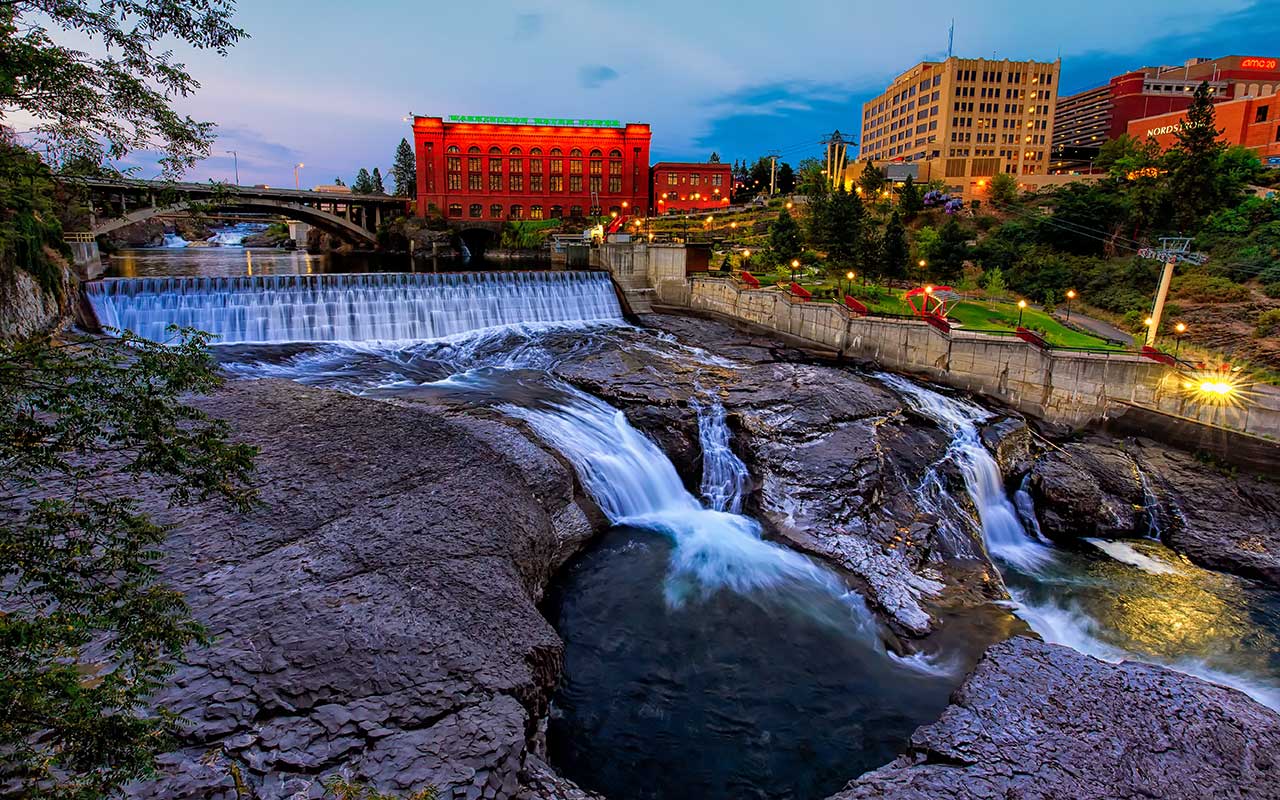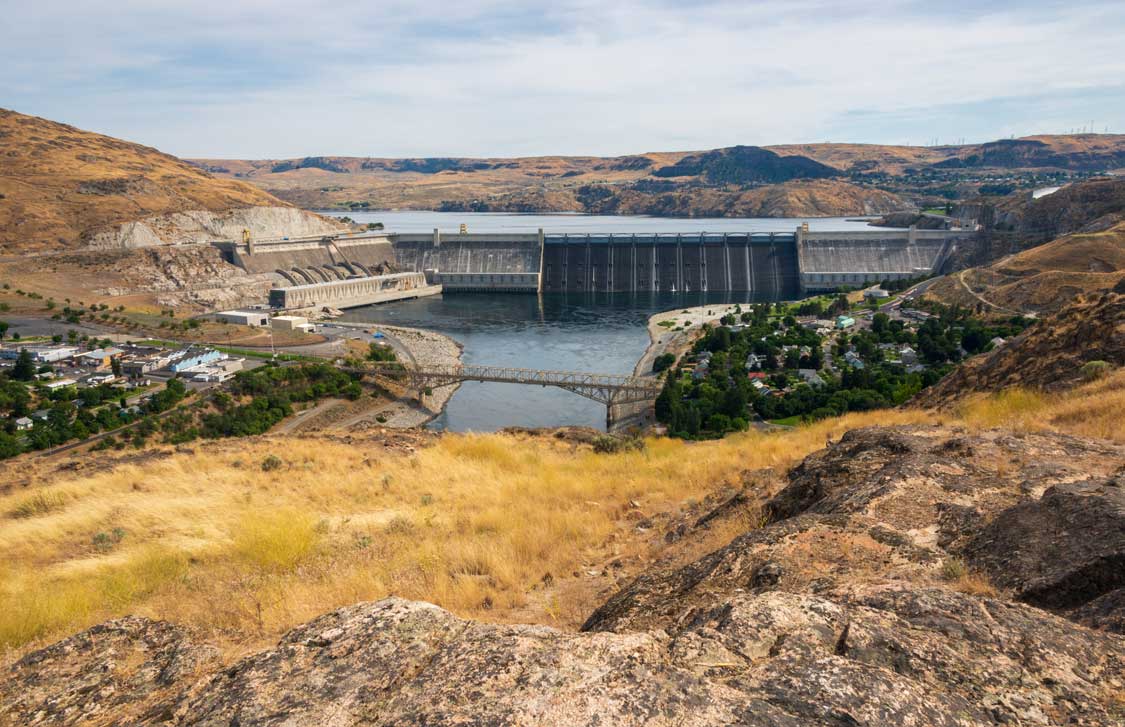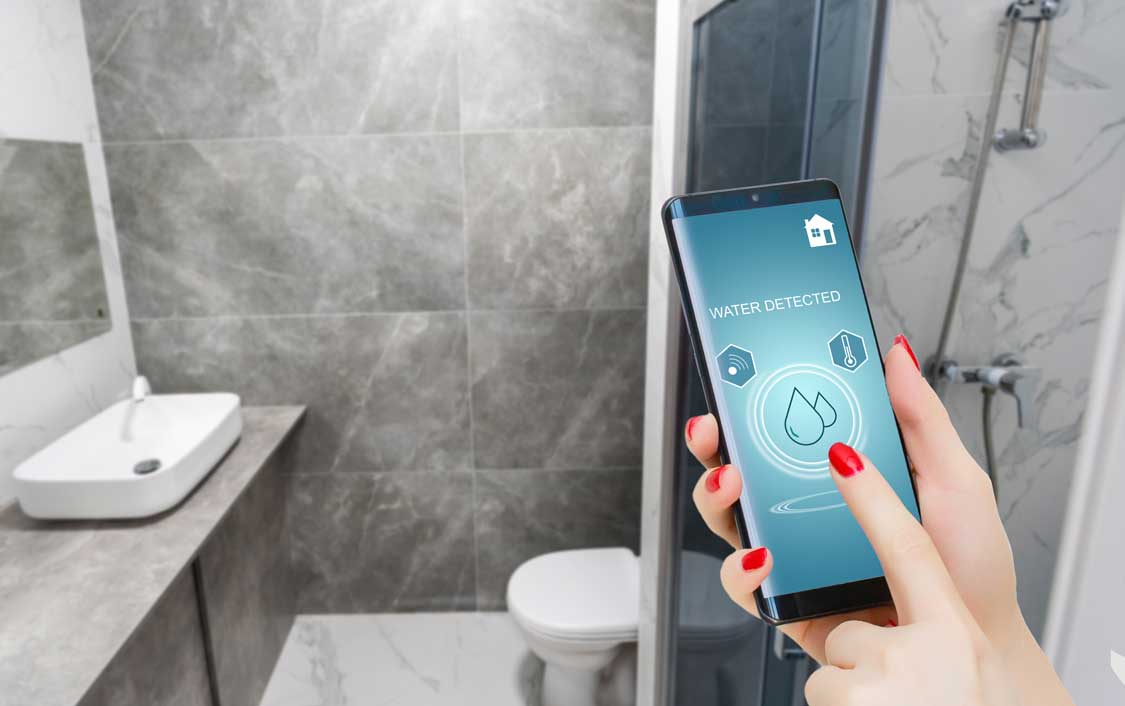The water we use in our homes and businesses makes up only 1% of the total amount of water that exists on earth, but over 30% of that 1% ends up in our homes. That’s why it’s more important than ever to make sure that we’re using water efficiently, especially as water sources around the world start to dry up and the threat of drought and famine becomes more severe.
If you’re looking to reduce your water usage and save both money and the environment, check out these five ways that water filtration can help save water and the environment.
1) Water Filters Reduce Shower Use
Most homes use 30 to 50 gallons of water per person every day—more if you have a swimming pool. Water filtration reduces your home’s consumption by making it easy to opt for low-flow shower heads, bath fixtures, faucets, and toilets. For example, one typical family will save about 400 gallons (over 1,500 pounds) of water each month simply by changing from their old shower head to a new water filter with an efficient new design.
2) Increased Hydration = Improved Performance
Water is an important part of sports nutrition for many reasons. First, it helps keep your body hydrated to deliver oxygen to working muscles. Water also keeps you cool when exercising in hot weather or during strenuous exercise by helping sweat evaporate from your skin. Increased hydration improves sports performance because fluid is an essential element for optimal functioning of organs, tissues, and cells.
Consuming adequate fluids before, during, and after a workout can help improve your endurance (like increasing time spent on a treadmill), speed (like completing a 5K run), muscle strength (like lifting weights), flexibility (like stretching before yoga class), and overall wellness (boosting immunity). A good way to get started drinking more water? Use a water filter!
3) Removes Chlorine from Tap Water
Chlorine is a disinfectant added to tap water, which can cause health issues when ingested. And don’t worry: there are much safer, chlorine-free ways to keep your water clean. A filtration system that removes impurities from tap water is an excellent way to ensure you’re drinking clean, safe H2O. Additionally, you can use it for washing dishes and bathing; if properly maintained, it will remove 99 percent of chemicals such as lead, mercury and cadmium from your household water supply.
4) Less Water Waste from Toilets
A new toilet uses just 1.6 gallons of water per flush, compared to up to 7 or 8 gallons for a typical toilet. This saves an average family over 3,000 gallons of water each year—and those are not small numbers given that 15% of residential water consumption goes toward flushing toilets. The EPA reports shows that more than 30% of municipal wastewater is flushed down toilets (that’s 34 billion gallons per day).
Even if you’re in an area where recycling is available, cutting down on household toilet use can help reduce your environmental footprint. There are several tips for conserving water; some are costly (like upgrading your existing plumbing), but simple things like placing a brick in your toilet tank can save big in a short period of time.
5) Water Filters Help Prevent Flooding
When water isn’t filtered, it can have a nasty way of seeping into plumbing pipes and causing blockages, which can lead to flooding. Leaky faucets often result in running water—and wasted water. By installing a filter on your home’s main supply line, you can significantly reduce instances of wasted water by ensuring that only clean water makes its way through plumbing lines; any leaks will now drip right into your sink rather than forming puddles all over your floor. In addition to helping prevent flooding at home, taking steps to filter your water at work or while traveling can help reduce instances of environmental waste as well.
Water Filtration – Conclusion
We’ve already established that you can save money on water filtration by installing it at home. The results, however, are far-reaching: not only will you be able to enjoy clean, crisp water from your tap, but you’ll also be contributing to a more sustainable environment in your neighborhood. From conserving water to recycling old filters, there’s plenty of ways your water filtration system can help make an impact.
Best of all? It costs less than most people think! It turns out saving water and saving money don’t have to be mutually exclusive; next time you’re considering upgrading or replacing your water filter, remember what’s at stake. Now there’s no excuse for unclean or unsafe drinking water! Start taking action today with 5 easy ways that water filtering is helping save our world.







